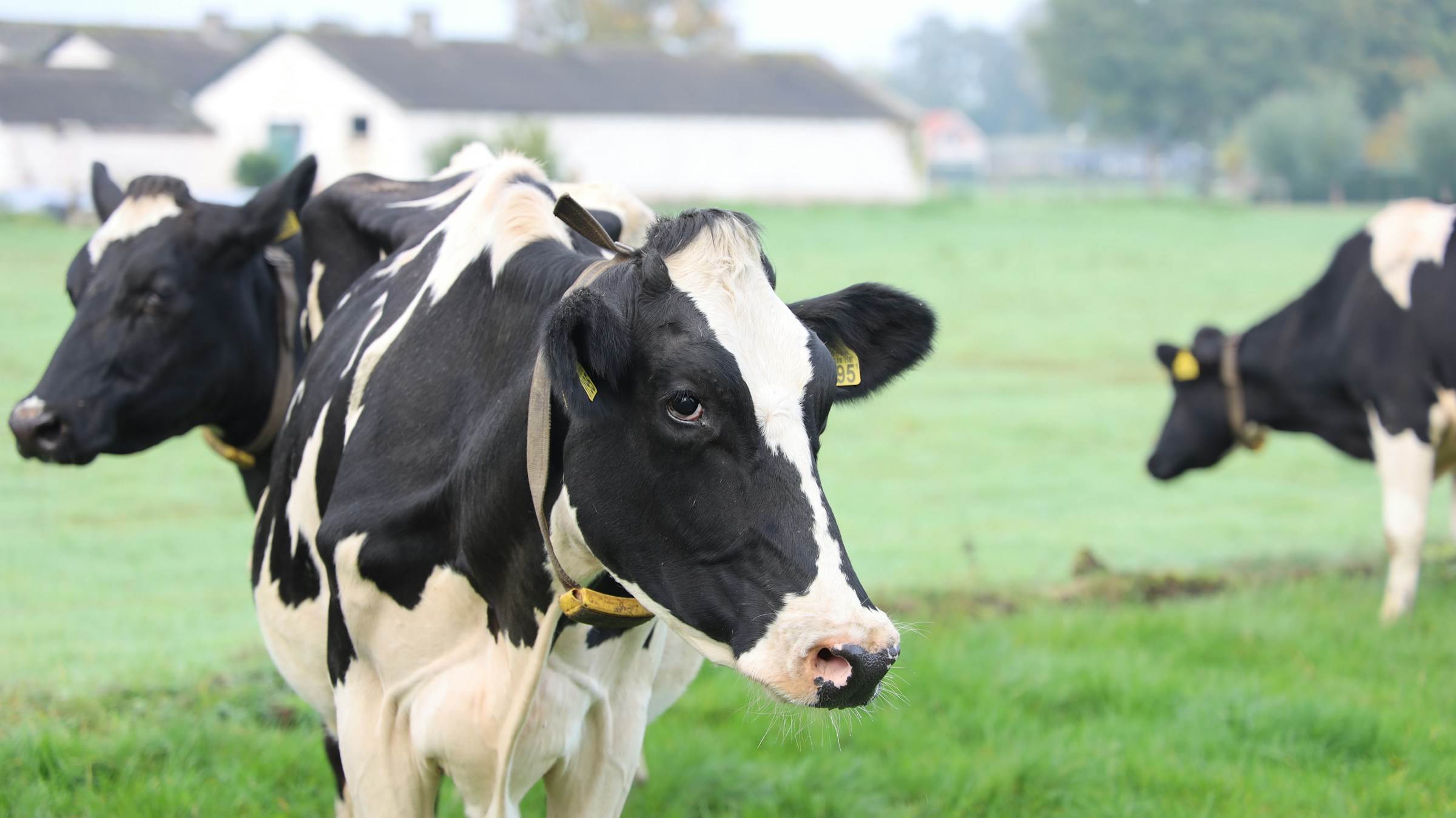Study finds cows enhance soil health through carbon storage
02/10/2024

In addition to soil health, the research shows that mixed farms support greater biodiversity, with about 28 grassland plant species per field, compared to 25 on arable-only farms and 22 on dairy-only farms. However, the study notes a trade-off, as livestock farms produce five to six times more methane emissions than crop-only farms, contributing to livestock’s role in global emissions, which make up about 14% of human-caused climate emissions.
While integrating livestock improves soil health and biodiversity, Joseph Gridley, chief executive of the Soil Association Exchange, emphasised that the carbon captured in the soil may not fully offset the methane produced by cattle.
To tackle these emissions, the UK government is investigating the use of methane blockers—substances like seaweed and essential oils that can reduce methane emissions from livestock. A recent proposal suggested that feeding a methane blocker called Bovaer to a third of the UK’s dairy cows could cut the country’s emissions by 1%. However, uptake remains slow due to costs, with campaigners urging subsidies to support farmers in adopting the practice.







